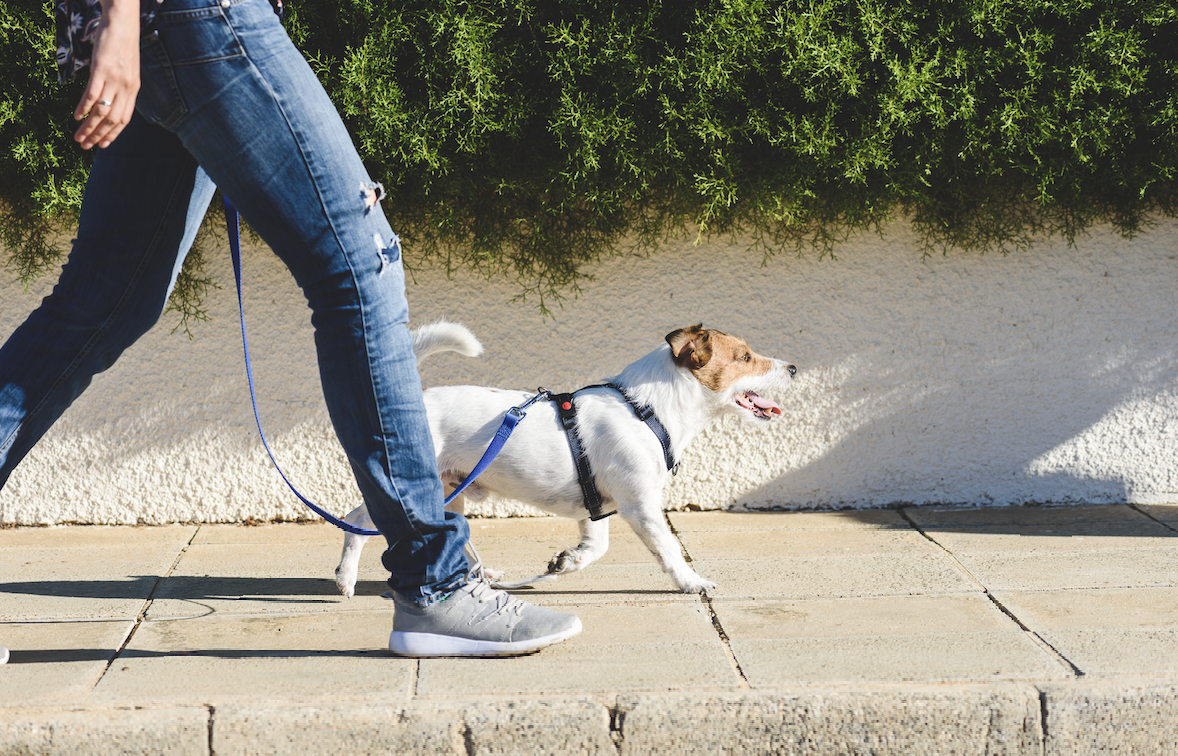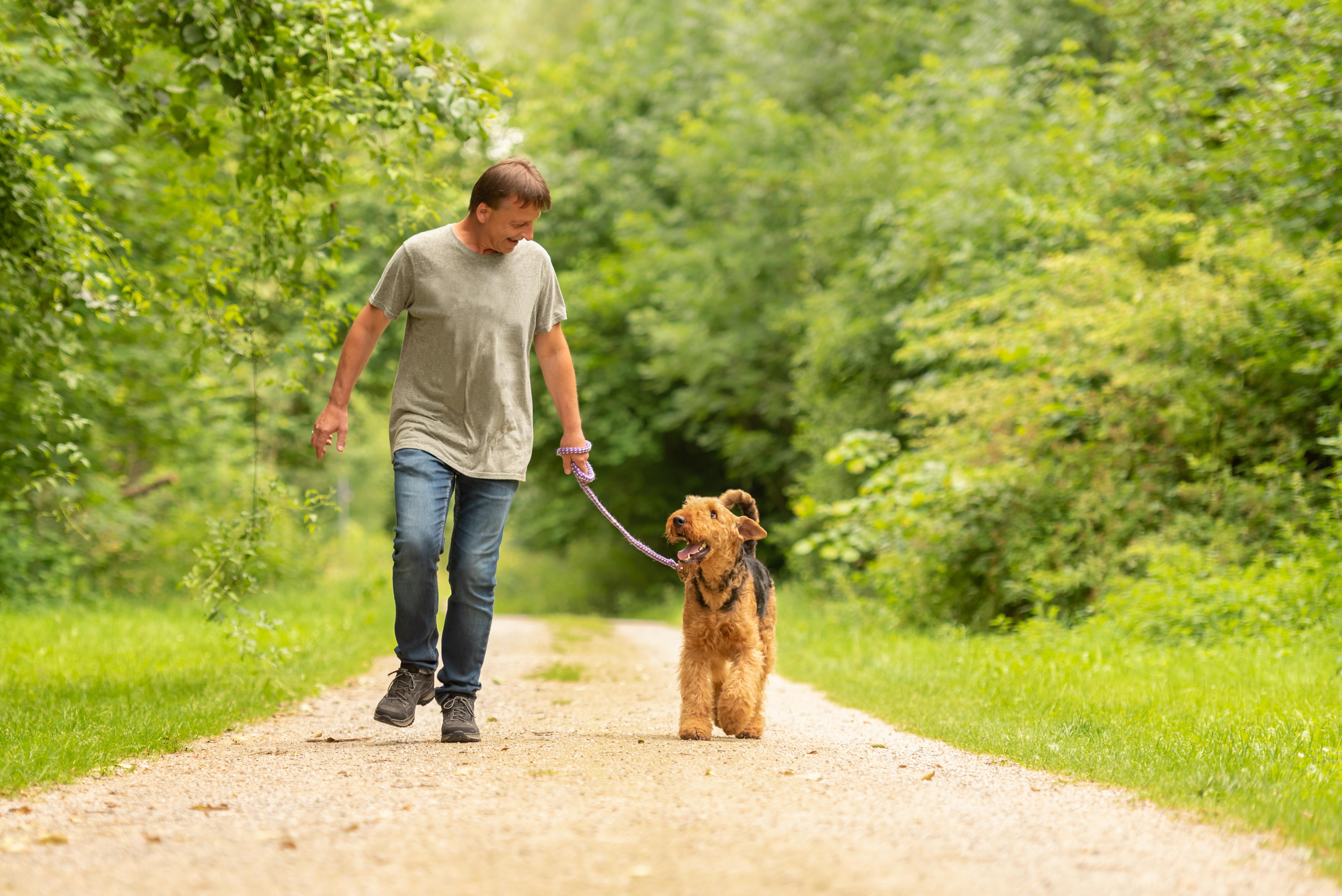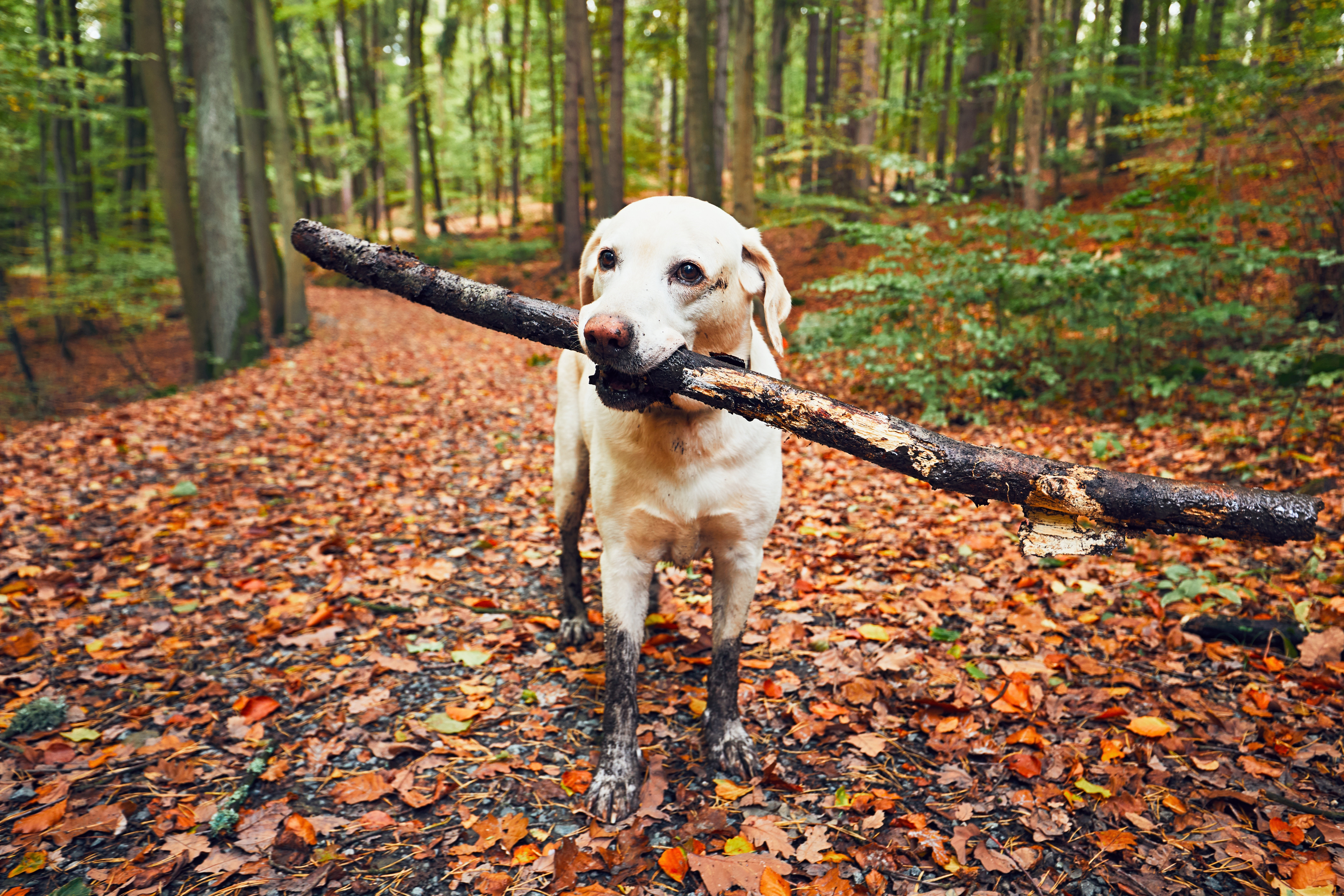Living with dog diabetes
Jan 7, 2026 7:17:37 AM

What is dog diabetes?
Diabetes in an animal is a condition that isn’t completely curable although you can do a number of things to help your pet live a longer and more comfortable life. Alongside veterinary advice, you can help your pet through diet and exercise. The good news is that it can be managed successfully in many cases.
In simplistic terms, diabetes is a metabolism disorder – and this means that it affects how the body converts food to energy. In diabetes the body doesn’t allow glucose, the body’s essential fuel, to be delivered effectively via the hormone insulin. The two main types of diabetes present as insulin deficiency (not enough being produced) or insulin resistancy (when the body isn’t using the insulin correctly). The most common type is insulin deficiency.
Whichever kind of diabetes is diagnosed, the outcome is the same – excessive sugar in your dog’s bloodstream that can’t get to the cells that need it. Once this happens it can lead to damage of various organs, blood vessels and nerves. As worrying as this sounds, there are measures you can take to help.
What are the warning signs?
Early signs
Excessive thirst
Increased urination
Weight loss
Increased appetite
Sweet-smelling breath
Advanced signs
Loss of appetite
Lack of energy
Depressed/low mood
Vomiting
Sudden onset blindness
What can you do about it?
At the earliest opportunity take your pet to the vet. They will carry out blood and/or urine tests and advise you accordingly. The blood tests will provide all sorts of useful indicators and is the first step in treatment.
Although not curable, diabetes is something that can be treated so that your dog can have a relatively normal life, when diagnosed early enough. Daily insulin injections are often prescribed and you’ll quickly get used to administering these – as daunting as it sounds.
Diet
The next steps you’ll need to discuss with your vet are diet and exercise. Our Nutritional Advisers (face-to-face or online) come into their own with any issues where diet and weight monitoring are required. They will match your dog’s requirements with one or more of our food types: typically low fat with a high quality protein and fibre and complex carbohydrates to help with the absorption of glucose. They will work with you to make sure your dog’s weight is at the right level, consistently, for as long as required.
You’ll need to feed your dog at the same time each day – this is an important part of regulating blood sugar levels.
Exercise
A moderate, consistent amount of exercise will help your pet avoid spikes or drops in glucose levels. Agree this with your vet but regular, consistent exercise is key.
What else can you do?
Working with your vet, our Nutritional Advisers and making a daily commitment to your dog will have an enormous effect on his health going forward. Ask about how you can monitor glucose levels, any specific warning signs to watch out for and continue with an excellent diet and supportive exercise regime.
Where to go for more information…
Diabetes UK
https://www.diabetes.co.uk/info/DogsWithDiabetes.html
Animal Trust
https://www.animaltrust.org.uk/conditions/diabetes-dogs/
Back
Recent Blogs

Keeping Your Furry Friend Safe and Happy During Halloween
Halloween approaches with its festive decorations, spooky costumes, and sweet treats. While humans eagerly anticipate the holiday, it can be a challenging time for our four-legged friends. From unfamiliar sights and sounds to potentially dangerous treats, Halloween can pose various risks to our beloved dogs.
While it might be tempting to dress up your dog in a cute or funny costume, always prioritize their comfort and well-being. Ensure that the costume is not restrictive, does not impede movement, and does not have small parts that could be swallowed. Allow your dog to become accustomed to the costume before the actual event, and keep a close eye on them while they're wearing it.

The vital role of responsible dog ownership.
A Pledge to Paws and Principles
Dogs have long been cherished companions, confidants, and sources of unconditional love for millions of people around the world. These faithful friends offer not only emotional support but also contribute significantly to our overall well-being. However, the joys of having a canine companion come with great responsibilities. Responsible dog ownership is not just a choice; it's an obligation we owe to our four-legged friends, our communities, and ourselves. In this blog, we will delve into the importance of responsible dog ownership and highlight the numerous benefits it brings to our lives.

My dog is a finicky eater...
You have a dog that has no appetite, is fussy and finicky with his food and you are fed up of trying every dog food brand under the sun. Here are our top tips for encouraging a better feeding regime

Finding the best places to walk your dog
The many benefits of dog walking are well documented and regular walks form part of our daily routine. But it is really easy to get into an unthinking pattern of where and how we walk our dogs. There are lots of adventures to be had out there with our canine companions so why not try something new?